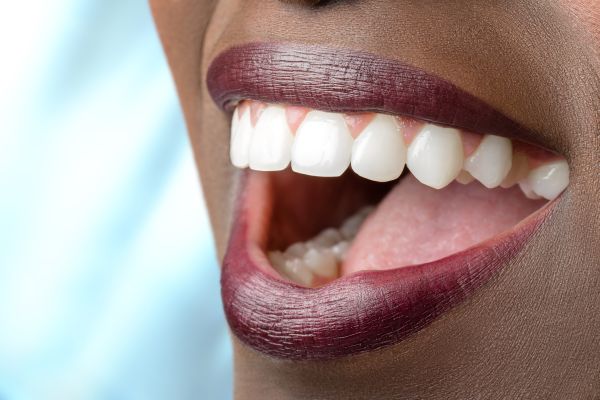A Full Mouth Reconstruction Often Includes Dental Crowns

A full mouth reconstruction is performed to rebuild damaged teeth and restore your ability to chew and speak normally. It often involves a combination of dental treatments to address all the damage to the patient's teeth and gums. Reasons that a person might need full mouth reconstruction include:
- Poorly aligned teeth
- Severe tooth decay
- Damaged teeth enamel from habits like teeth grinding and trauma
- Broken, fractured or chipped teeth
- Tooth structures damaged by periodontal disease
- Issues with the temporomandibular joints
How dental crowns are used during full mouth reconstruction
A dental crown is the most likely restoration to be used during full mouth reconstruction. It is a cap that goes over a damaged tooth and restores its function, size and shape. It provides therapeutic and cosmetic benefits simultaneously.
Common reasons that a dentist might add crowns to a patient's full mouth reconstruction include:
- To fix large cavities that are too big to address with fillings
- To protect worn-down or cracked teeth
- To protect a tooth after a root canal
- To protect a tooth that has been weakened and discolored by tooth decay
- To serve as anchors for a dental bridge
- To support a tooth with a large filling
- To serve as an artificial tooth for a dental implant
- To protect milk teeth that are vulnerable to tooth decay
Crowns can be made from a variety of materials, including ceramic, composite resin, metal alloy, porcelain fused to metal or porcelain. Crowns are typically color matched to blend in with the rest of the patient's teeth. Factors that a dentist will consider when recommending a particular type of crown include:
- The tooth's function and location
- The gum tissue surrounding the tooth
- The patient's personal preference
- How visible the crown will be when the patient smiles
The different types of crowns
Here are the different types of crowns patients get to choose from and their properties:
- Stainless steel: These are typically prefabricated crowns that are used as temporary crowns that protect the tooth while a customized crown is being made; these are also used to protect baby teeth that are badly damaged before they are due to erupt
- Metal crowns: Crowns can also be made with metal alloys that are mostly platinum, gold or base metals; metal crowns are the most durable type of crowns and are often recommended for molars, which cannot be seen while smiling
- Porcelain fused to metal: These crowns have metal bases with the upper part made out of porcelain; they combine the durability of metal crowns and the aesthetics of a porcelain tooth
- Porcelain/ceramic: These are the most natural-looking crowns and are great for highly visible front teeth
- All resin: These are the most affordable types of crowns, but they are more prone to staining and wear down faster than other types of crowns
Come and get your crown
Call or visit our Marietta office if you have severely damaged teeth that make it difficult for you to speak and eat.
Request an appointment here: https://www.mytotaldentistry.com or call McCarthy Dentistry at (740) 546-5178 for an appointment in our Marietta office.
Check out what others are saying about our services on Yelp: Read our Yelp reviews.
Recent Posts
Dental implants often beat out other tooth replacements due to their natural appearance and durability. Although getting them can be a lengthy process, many patients find it a worthwhile one. Proper preparation can contribute to a smooth experience and optimal results. Understanding each phase of the process, making necessary lifestyle adjustments, and following professional recommendations…
Dental implants and dentures are two common options for replacing missing teeth, each offering unique benefits. Understanding their key differences can help patients choose the most suitable solution for their oral health and lifestyle. While both restore the smile's function and appearance, there are significant differences in durability, comfort, and maintenance.One of the biggest differences…
Dental implants can prevent tooth loss from affecting oral health, facial structure, and overall quality of life. While tooth replacements like traditional dentures and dental bridges provide functional and aesthetic improvements, implants offer superior advantages in durability, jawbone preservation, and smile aesthetics. Understanding these benefits can reveal whether dental implants are your best option for…
Selecting an effective way to replace missing teeth can be a significant decision, and dental implants often offer a dependable solution that restores both function and appearance. These specialized fixtures fuse with the jawbone to form a solid foundation for replacement teeth. However, it is important to note that not everyone automatically qualifies for this…


